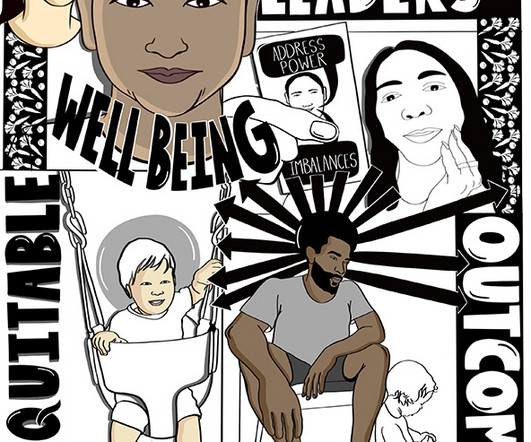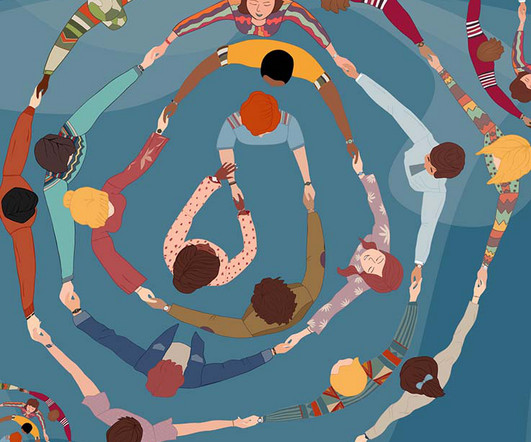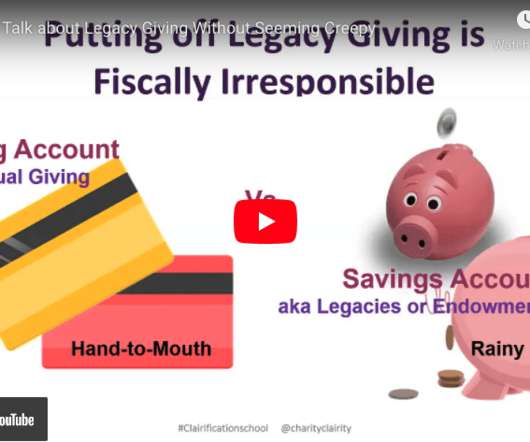What is Climate Psychology? An Interview with Climate Psychology Alliance’s Rebecca Weston
NonProfit Quarterly
SEPTEMBER 28, 2023
We sat down with clinician and advocate Rebecca Weston to talk about climate psychology, movement journalism, and the responsibility of journalists and clinicians to connect to the emotional impacts of the climate crisis. What is climate psychology? That’s one big part of what climate psychology does. “












Let's personalize your content